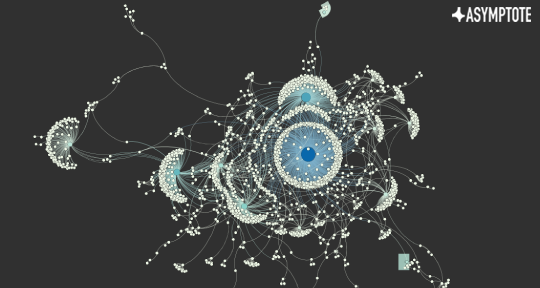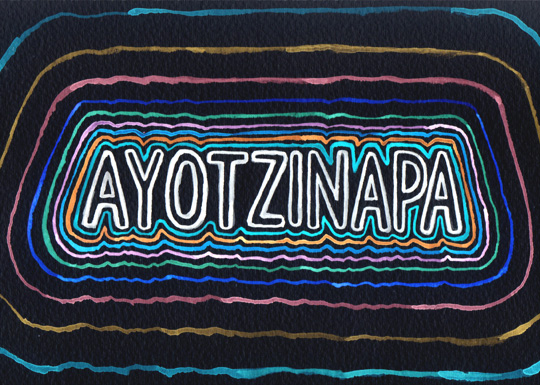This week, our editors bring news of literary realms colliding, collaborating, and interchanging in future- and truth-seeking dialogues. In Kenya, a titan in publishing is commemorated, and a Nobel Laureate establishes presence in a Swahili translation. In Mexico, World Poetry Day is celebrated wit aplomb. And in the UK, the London Book Fair brings vital interrogations pertaining to literary translation in the age of AI. Read on to find out more!
Wambua Muindi, Editor-at-Large, reporting from for Kenya
To paraphrase V.S. Naipaul, the world is what it is, and men who allow themselves to become something have a place in it. Such men, when death waylays them, come to define particular eras. Henry Chakava, a pioneer African publisher, is such a man.
On Sunday, March 24, Chakava was laid to rest. For a man who, from a young age and until his untimely demise, redefined publishing in Africa in many ways: publishing in Swahili and promoting publishing in African languages, focusing on educational publishing to promote literacy, diversifying traditional publishing to incorporate new literary thought besides the infamous African Writers Series. With this legacy, his death attracted reverential eulogies from across the book and knowledge industry. He had become the face of African book publishing when he became the managing director of Heinemann Educational Books, which he would eventually steer to a new dispensation under the banner of East African Educational Publishers, and his work endeared him to many in Africa and beyond, attracting global assignments including being named the chairman of Global Book Alliance in 2021. An ode to Chakava, surely, cannot be captured by a word-bound dispatch. All in all, go well, Chakava. READ MORE…




